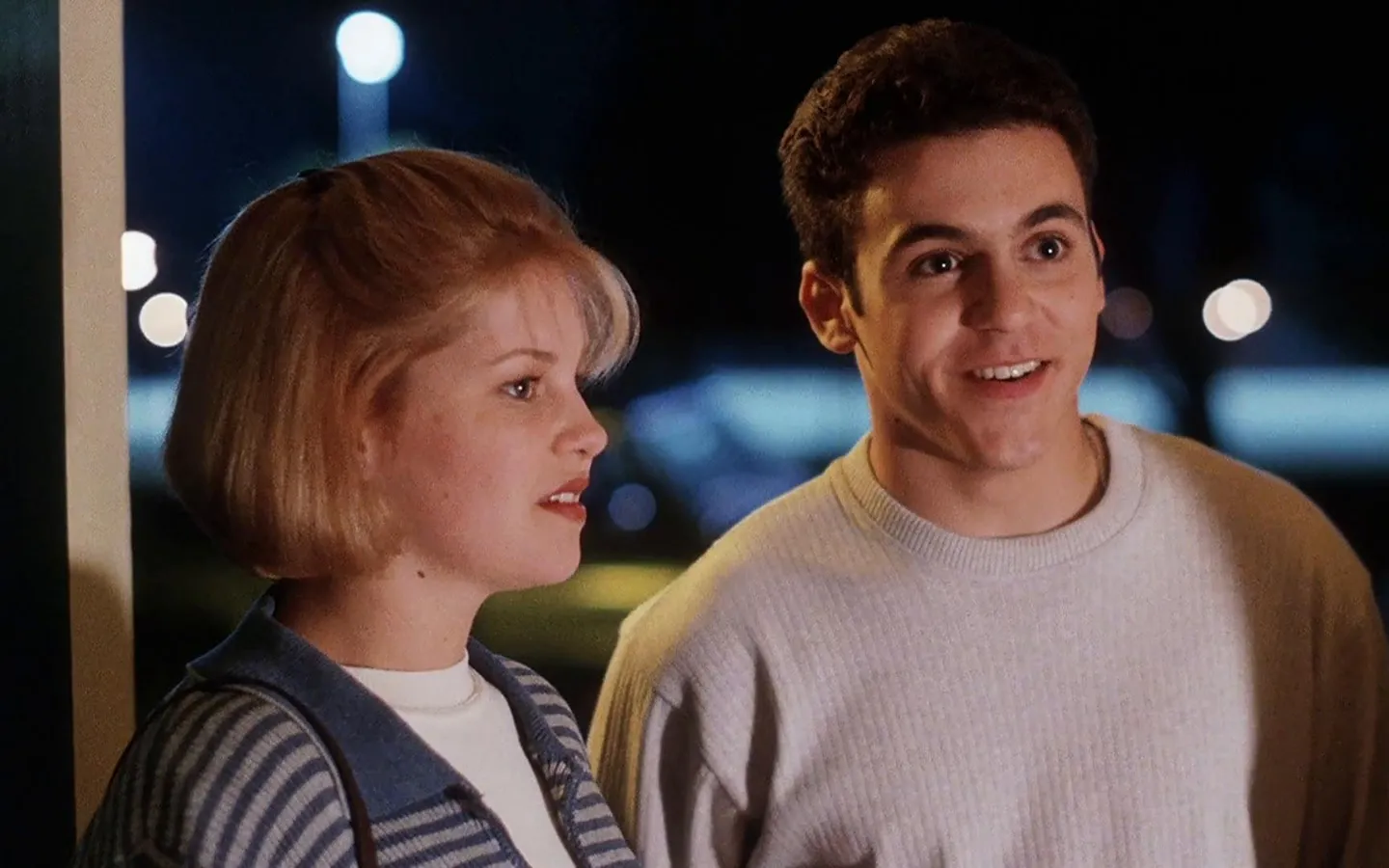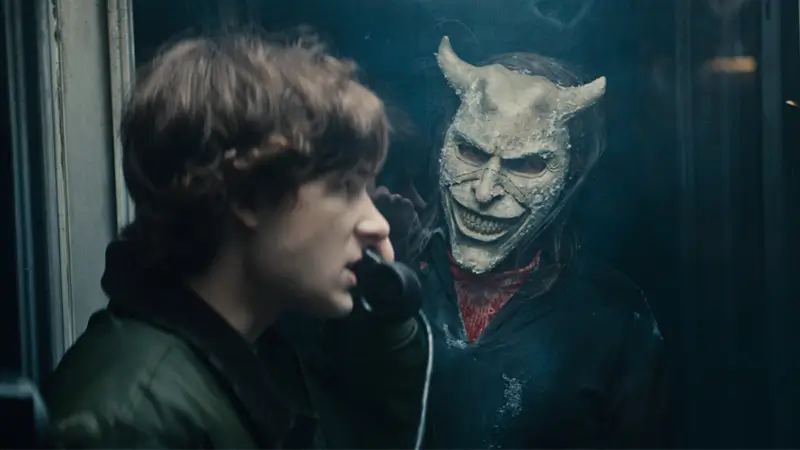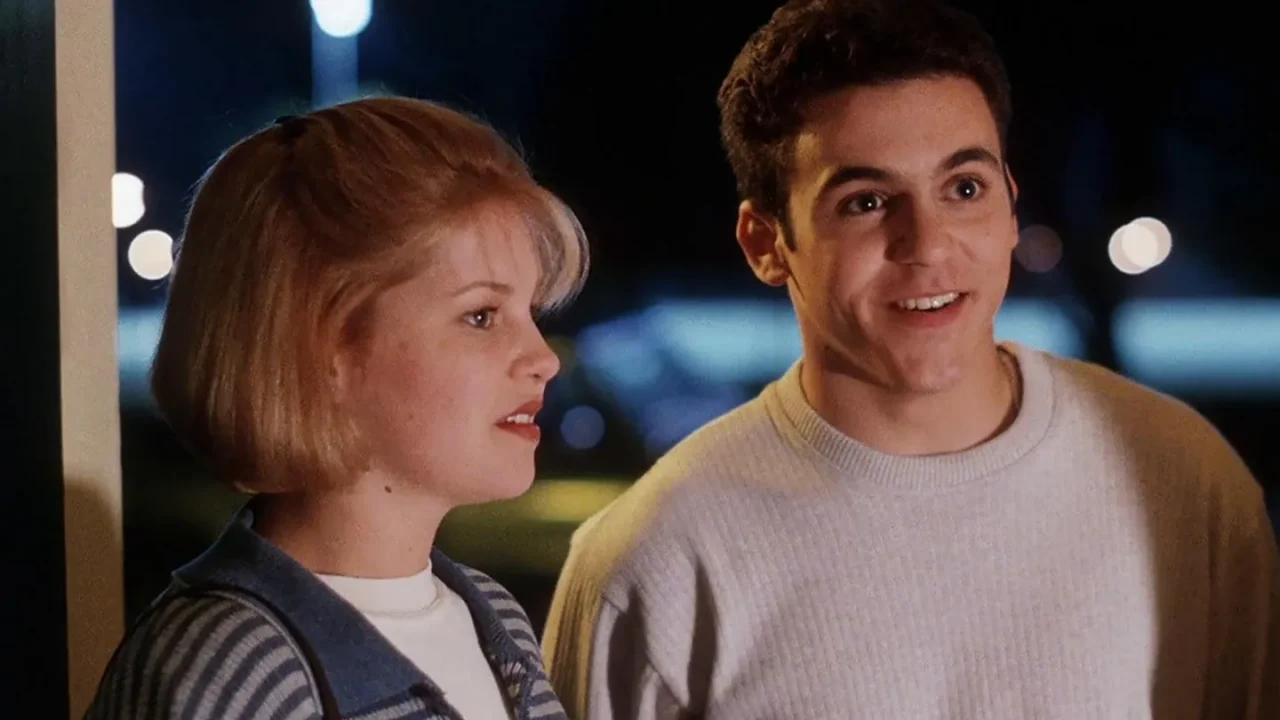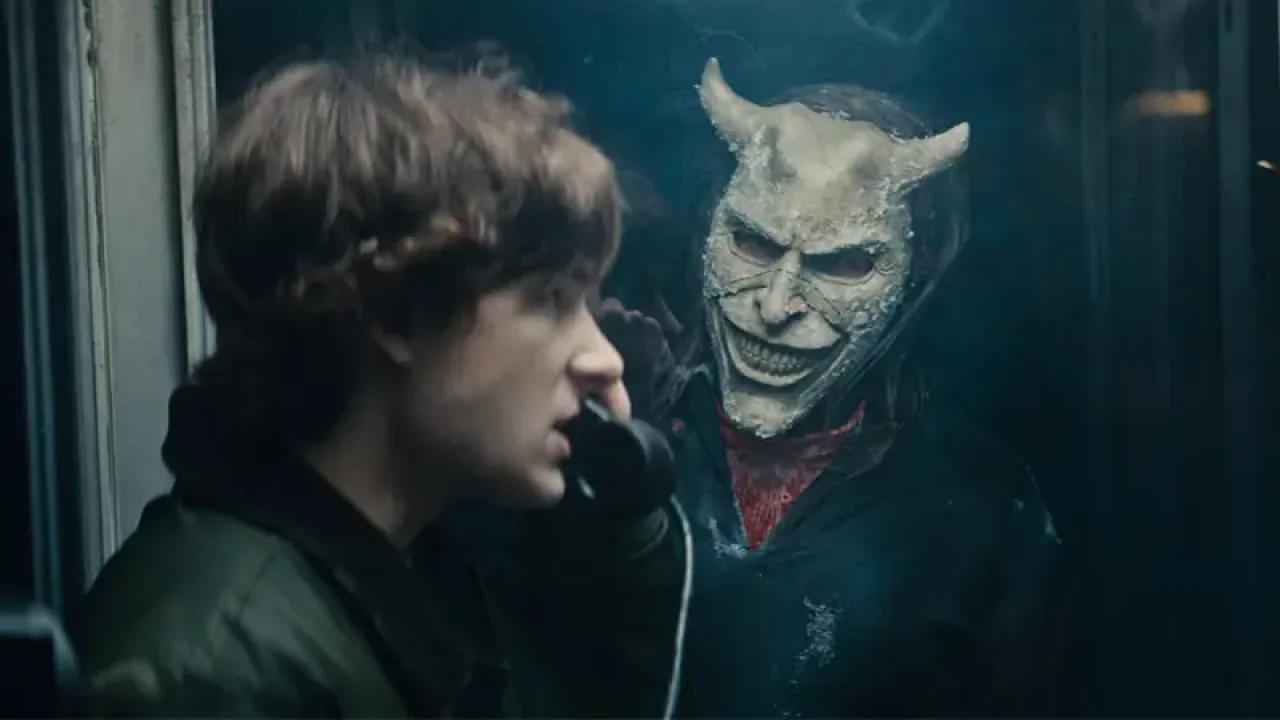As the runtime of If I Had Legs I’d Kick You (United States, 2025) progressed, I was struck by the thought—amusing in a somewhat malicious way—that this is the most contraceptive film in a Lynchian sense that I’ve seen in a long time. Very similar to Eraserhead (Eraserhead, USA, 1977), it’s a macabrely comedic experience that makes you wish you’d never have children in your life.
Not having children or, at least, hoping that the experience of parenthood or motherhood isn’t as terrible as what Linda—the character for which Rose Byrne won the Best Lead Performance award at the 2025 Berlin Film Festival—goes through. She herself expresses it best at one point in the film, already defeated and cornered to a point where it stops being funny: “It’s not supposed to be like this, this can’t be all there is.”
What director, screenwriter, and co-star Mary Bronstein presents here is a comedy that turns into a delirious surreal descent through the systemic oppression of a mother trying to keep her head above water.
What’s it about?
Linda’s life, a therapist, falls apart: while dealing, alone, with her young and dependent daughter’s mysterious illness, a hole opens in her apartment ceiling, forcing mother and daughter to move to a motel, where she allows herself occasional drinking escapades.
With her husband absent and an unusually hostile relationship with her own therapist, Linda’s situation begins to spiral out of control when one of her patients, a troubled first-time mother, disappears.
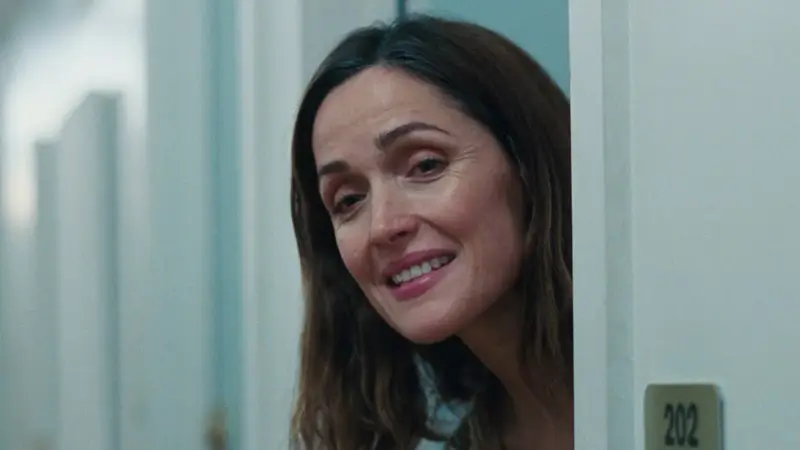
If I Had Legs I’d Kick You expresses the oppression of the “perfect mother”
One of the first visual resources that stands out in If I Had Legs I’d Kick You is the framing: especially at the beginning, this is a film carried solely by Rose Byrne’s face, isolated by the shot from almost any other human presence, even that of her own daughter.
Except for characters like her therapist (played by a brilliant Conan O’Brien) or her problematic patient (Danielle Macdonald), Linda is alone in the frame and, therefore, in her world. It is, therefore, an alienating experience: her human interactions are full of friction when they’re not an incorporeal source of pressure, judgment, or need, like the husband’s voice (Christian Slater) on the phone, or the demanding presence of the sick daughter.

Throughout the film, Linda is under constant judgment, external and self-imposed: she has to be a good psychologist, a good patient, a good tenant, and above all, a good mother. Bronstein allows moments of comedy here and there in her protagonist’s alcoholic and angry indulgence, but never loses sight of the imbalance of her situation. The shadow of the expected perfection of her role as a mother looms over her, despite being alone in her obligation as emotional support for a child and an unstable patient.
With wit as acidic as it is suffocating, If I Had Legs I’d Kick You expresses Linda’s precarious situation with Lynchian absurdist surrealism. The boundaries between the character’s reality and her imagination begin to blur with each new pressure or burst of anger, with results ranging from comic to unsettling. The mother’s nightmares and helplessness about caring for her mother become fever dreams here that oscillate between psychological oppression and bodily horror.

So, beyond being merely a contraceptive surreal comedy, Bronstein’s film is a perfect manifestation of the systemic injustices that many mothers face. If that doesn’t generate empathy for the imbalances of care, we can’t imagine what could achieve it.




